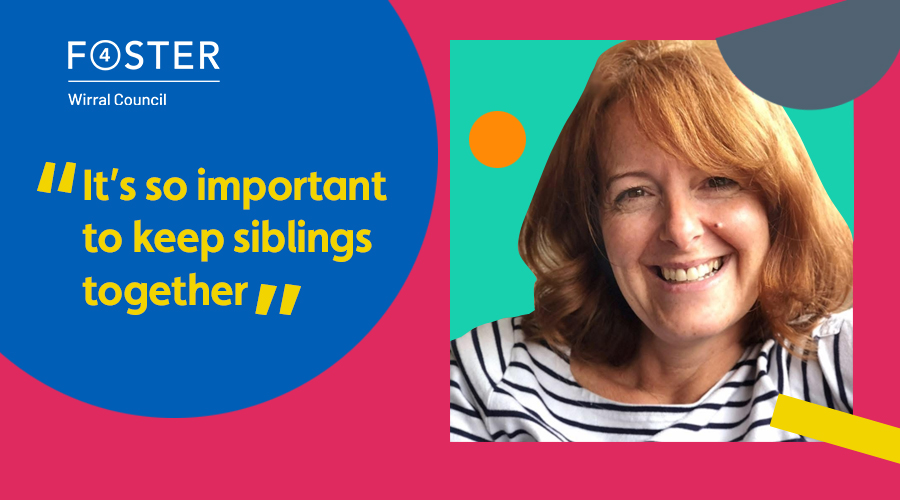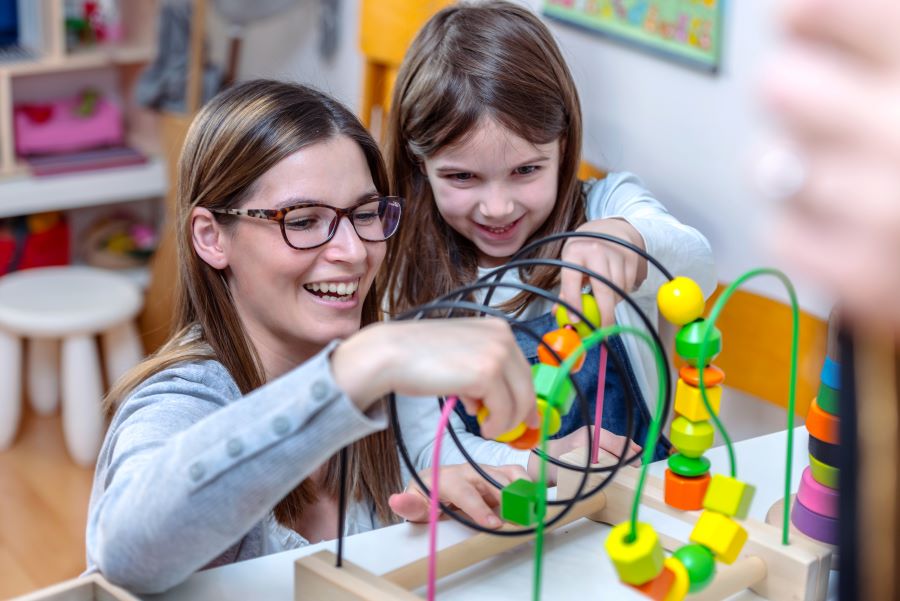World Book Day 2024: 10 top tips for sharing books with young children and toddlers
Sharing books with babies and children helps to inspire a lifelong love of reading. Reading can be a fun thing to do together and have a positive impact later in life.
To celebrate Word Book Day, the National Literacy Trust (NLT) has shared its top tips on how to get children into reading.
Don’t forget - if you don’t have books at home, or you’d like to read something new, you can borrow them for free from a local library.
- Find a quiet place. Turn off the TV or radio to help your child listen to you read without distractions.
- Try to always have a book in your bag. Reading together can help pass the time on a long journey. It can be very calming and will help your baby recognise the sound of your voice.
- You don’t always need to read the words in books. Looking at and talking about the pictures is a great way to encourage your child to enjoy books. If you speak a language other than English, talk about the pictures and story in your own language.
- Give your child time to respond to your chat about the book. This could be with a babble, arm waving or finger pointing. Watching and listening shows how interested you are in hearing what children have to say and encourages communication development.
- Be natural and clear when you read. You can also use funny voices for characters, or a sing-song voice for words or phrases that are repeated throughout the book. After reading a book several times, your baby will anticipate hearing the change in tone and may well show this with a smile, a wiggle or a giggle.
- Don’t be afraid to use props. Using puppets or a favourite cuddly toy will help bring the words alive and add actions to your words.
- Link what you see or read about in books with real-life. If there’s a picture of a dog in a book, talk about a dog you know. Or if you see a dog in the park or on the street, you could remind your child of the dog in their favourite book.
- Don’t put pressure on your child to name pictures or objects in books. Point to things and name them yourself, and if they respond, praise them and say the word again.
- Little and often is best. Try introducing a special daily story session where you can snuggle up and enjoy a book together, like at bedtime or bath time.
- Share favourite books again and again. Repetition helps children to understand and remember the language they hear. It’s not unusual for young children to want to hear the same book over and over.
Where can I get books for my children?
You can borrow books for free by registering yourself and your child at your local library.
When children reach school age, they’ll also be able to access their school library where they can borrow books for free.
On World Book Day, schools give out tokens which children can exchange in participating bookshops and supermarkets for one of this year’s specially selected books.
Is there other help available?
Through the Family Hubs programme, we are supporting parents in talking, playing and reading more with their children at home.
The Department for Education (DfE), in partnership with the Department for Health and Social Care (DHSC) has launched its Start for Life ‘Little Moments Together’ campaign. The campaign aims to educate parents about the importance of brain development in the first five years of a child’s life, and the crucial role they play, with advice and tips from Start for Life.
What are the benefits of sharing books and stories with babies and toddlers?
Time spent reading together is not just a great opportunity for parents and carers to bond with their children - it helps with brain development too, which is particularly important in the first two years of life.
It helps young children to start to talk and evidence shows that children who were read to regularly when they were five-years-old performed better in maths, vocabulary and spelling tests at age 16, compared to those who weren’t read to at a young age.
Extra support for parents and carers helping children to read:




